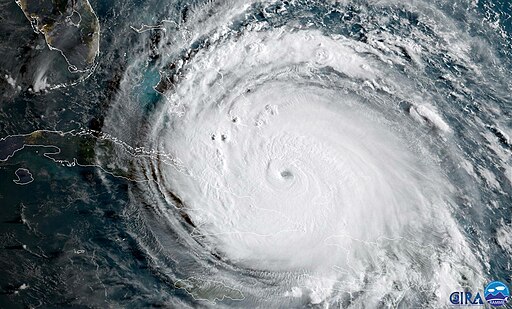
If significant numbers of atheists with large platforms for spreading their views consistently used their platforms to spread hate, bigotry, or assorted nonsense that was detrimental to society, I would expect many religious people to call attention to them. Many religious believers who were not fans of atheism would point to these atheists and say something along the lines of, "This is atheism."
Obviously, this could be misleading. Any group is going to have its share of assholes, and one must be careful about claiming that a small number of assholes is representative of the larger group in any way. But if there were enough atheists doing this regularly and if there seemed to be a high degree of convergence in the nonsense they were spreading, it would be hard to fault the religious believers for pointing them out like this. Even if they weren't representative of atheism, they would still be part of atheism. Their presence would be relevant and could raise troubling questions about what other atheists thought, especially if other atheists seemed to be enabling them in some manner.
This being the case, I don't think anybody should be surprised when atheists (like me) occasionally point to Christian extremists with large platforms and many followers who have made careers out of spewing nonsense and say something along the lines of, "This is Christianity," or perhaps more accurately, "This is Christian extremism." So when Bill Hamon is invited by Charisma to do a series of podcasts on the subject of what some god has planned for 2018 and ends up describing "his conviction that Hurricane Irma was a sign from God that President Trump’s opponents will soon be exposed," I find it tempting to point to it as an example of Christian extremism (see Right Wing Watch).
Does this mean that I consider Hamon to be representative of Christians? Of course not! I don't even consider him to be representative of Christian extremists. Then why would I bother to call attention to him at all? I do so because I find it fascinating that anybody could believe this stuff and because statements like this reveal some troubling things about what many Christians claim to believe. The idea that gods control the weather and use it to punish humans has been around long before Christianity, and a number of Christians appear to be convinced that it happens today. One way to shed some light on these beliefs and prompt others to question them involves highlighting people like Hamon.
I have little doubt that the average Christian would hear what Hamon has to say and shake his or her head in disbelief in much the same way I do. But perhaps being more aware of what Hamon and others like him are contributing to the public discourse in the name of Christianity might lead to some critical examination of other more common beliefs. Does it make any sense that a god would use weather to punish humans? If so, should we conclude that anyone who experiences a weather-related disaster must have deserved it? And if they deserved it, should we withhold aid? These are questions with real-world consequences.